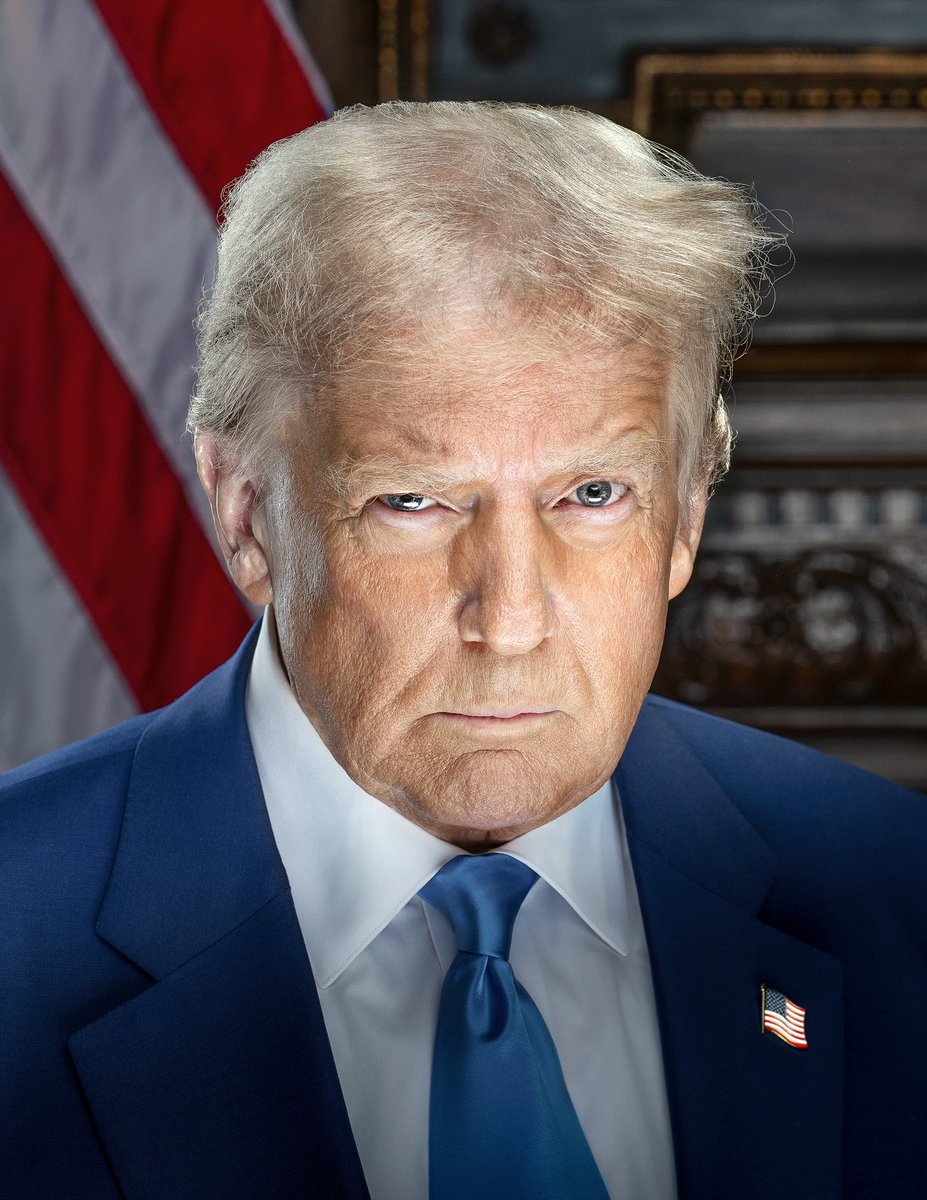Trump Launches Sweeping Civil Rights Rollback in Historic Policy Shift’

In his second term, President Donald Trump has initiated a series of executive actions that significantly alter the landscape of civil rights protections in the United States. These measures have sparked widespread debate and concern among civil rights advocates, legal experts, and various communities across the nation.
Key Executive Actions and Their Implications
1. Revocation of Executive Order 11246
On January 21, 2025, President Trump rescinded Executive Order 11246, a pivotal directive originally signed by President Lyndon B. Johnson in 1965. This order had mandated that federal contractors implement affirmative action programs to prevent employment discrimination based on race, color, religion, sex, sexual orientation, gender identity, or national origin. The revocation signifies a departure from longstanding federal commitments to proactive diversity and inclusion efforts in the workplace.
2. Executive Order 14173: “Ending Illegal Discrimination and Restoring Merit-Based Opportunity”
This order not only revoked Executive Order 11246 but also eliminated specific clauses from the Federal Acquisition Regulation (FAR) that prohibited segregated facilities and discrimination based on gender identity. The administration argues that these changes aim to streamline federal contracting processes and reinforce merit-based employment practices.
3. Executive Order 14151: “Ending Radical and Wasteful Government DEI Programs and Preferencing”
Signed on January 20, 2025, this order directed the termination of all Diversity, Equity, Inclusion, and Accessibility (DEIA) programs within the federal government. Agencies were instructed to report DEIA-related positions and activities, leading to widespread restructuring and, in some cases, layoffs of personnel associated with these initiatives.
Impact on Specific Communities and Sectors
Transgender Rights and Housing Protections
The Department of Housing and Urban Development (HUD) has ceased enforcement of protections for transgender individuals under the Equal Access Rule, an Obama-era policy that safeguarded LGBTQ+ individuals from discrimination in HUD-funded housing. This shift has resulted in the dismissal of complaints from transgender individuals facing housing discrimination, raising concerns about increased vulnerability to homelessness and abuse within the LGBTQ+ community.
Education and Desegregation Orders
The Department of Justice has moved to end longstanding school desegregation orders, such as the one in Plaquemines Parish, Louisiana. While some officials argue that these orders are outdated, civil rights advocates warn that lifting them could exacerbate educational inequalities and reverse progress made since the Civil Rights Movement.
Responses from Civil Rights Organizations
Civil rights groups have expressed strong opposition to these executive actions. The National Urban League described the dismantling of federal diversity and affirmative action practices as “an assault on the Civil Rights Movement and everything we’ve achieved in the last 60 years.” Similarly, the Future Coalition condemned the rollback of DEI policies, emphasizing the threat to foundational principles of fairness and equality in public institutions.
President Trump’s recent executive orders represent a significant shift in federal civil rights policy, with far-reaching implications for various communities and sectors. While the administration frames these actions as efforts to promote merit-based practices and eliminate what it views as unnecessary regulations, critics argue that they undermine decades of progress toward equality and inclusion. As legal challenges and public debates continue, the long-term impact of these policy changes remains to be seen.

